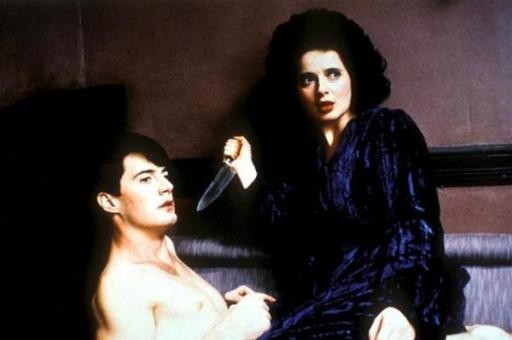
When I scribble a good review, the people on the receiving end are generally so grateful for the kudos, they never question or bother to ask about my internal criteria that determines how their work was superior (or just more interesting) than another's.
They're just relieved they dodged a public crucifixion.
A negative review will generally draw fire from fans of the artist, who will proceed to tell me that I'm clueless and that I should engage in unsavory sexual exploits with a relative.
The artists themselves never respond to criticism and I assume it's for a couple of reasons: 1) They don't care because they know these things are subjective, 2) It will look like sour grapes if they say anything or 3) I just said in print what they already know about their work.
I was brought to this discussion by a young man who approached me at a showing awhile back. He saw the yellow legal pad, asked me what paper I wrote for and then proceeded to drill me on how I came to differentiate between what I perceived as good or bad art.
On the assumption that one person in public asking me directly means that there are dozens more wondering privately, here is a 4-question introduction to myself.
As you read my reviews, comments and quips–both positive and negative–feel free to keep this bias list in mind while deciding whether I hit the mark or should go fuck my mother.
]
Dave Barton: I took the standard Intro to Art in college, but never made it through an entire class. I learn by doing and reading, so since an Art History class didn't involve much doing, I preferred to ditch the class and just read the book. I'm a voracious reader and I also watch a lot of documentaries, so between the two, I have most of the basics.
I majored in Sociology, Political Science and English, taking enough general education classes to be knowledgeable in many things, but specialist in none, dropping out of school to get involved in politics as an activist just before I would have gotten a degree.
I ran a non-profit theater company for twelve years and opened a new one in March, directing over 50 plays, as well as writing a couple dozen one-acts and adaptations. I'm also a film director, with several shorts and a full-length feature film (currently in post-production) under my belt. I won an award for my first effort–an experimental film about the Religious Right, called Put on a Happy Face. A second film about the same subject, Holy Wars, was censored by the college I attended.
As a result, I respond viscerally to visual art–I am enamored with photography in variety of different styles. Films have taught me the importance of the image, books have explicated the importance of subtext and metaphor, theater has shown me movement, how to light and costume it and how one draws an audience's focus.
What do you tell good art from bad?
I know something's special when it makes me look at the world differently or shows me something in plain sight that I never noticed.
When that happens, there's a physical moment, almost sexual, where I can feel my heart beat faster, my eyes widen and my mind clear a bit when I see something really good.
My tastes lean towards the political and the button-pushing, so I like difficult work that's the equivalent of impolite talk at the dinner table, but I also get completely lost (and even a tad teary-eyed) in the presence of beauty.
Define beauty.
Name five artists you connect with and why.
David Lynch: While he's a political conservative and that would generally poison my feelings toward him, Lynch's dark, very unique vision of the world, the puzzle box that is his brain, and the compassion that lurks, hidden amid the horror… nobody beats it, frankly. For an introduction: The dense but comprehensible (after some processing) Mulholland Drive and the ugly beauty of Blue Velvet. Personal favorite: Even though Lynch was a director for hire on The Elephant Man, it also feels very much his.
Grant Morrison: I can't begin to say that I fully understand where graphic novelist/comic book sage/magick practioner Morrison is coming from all of the time, but I appreciate that he's carved out his own path and attempts to bring his readers along with him. For an introduction: The entire run of The Invisibles (which The Matrix looted for many of its best ideas) is a good start, as well as his mind-fucking turn on New X-Men. Personal favorite: The one-off Kill Your Boyfriend.
The Sex Pistols: While the Pistols were always a bit of a sham, with their persona carefully woven by marketing genius Malcolm McLaren, their first album was an ear (and eye)-opener for me, coming at a time when my musical world revolved around the limitations Fleetwood Mac's internecine sexual jealousy and Led Zeppelin's druggy ramblings. The Pistols confronted those apathetic dinosaurs with a gob in the eye and a kick in the ass. Just play the videos for Zeppelin's Whole Lotta Love and then The Pistol's NSFW live version of Bodies and you'll see what I mean.
Dave Barton has written for the OC Weekly for over twenty years, the last eight as their lead art critic. He has interviewed artists from punk rock photographer Edward Colver to monologist Mike Daisey, playwright Joe Penhall to culture jammer Ron English.

